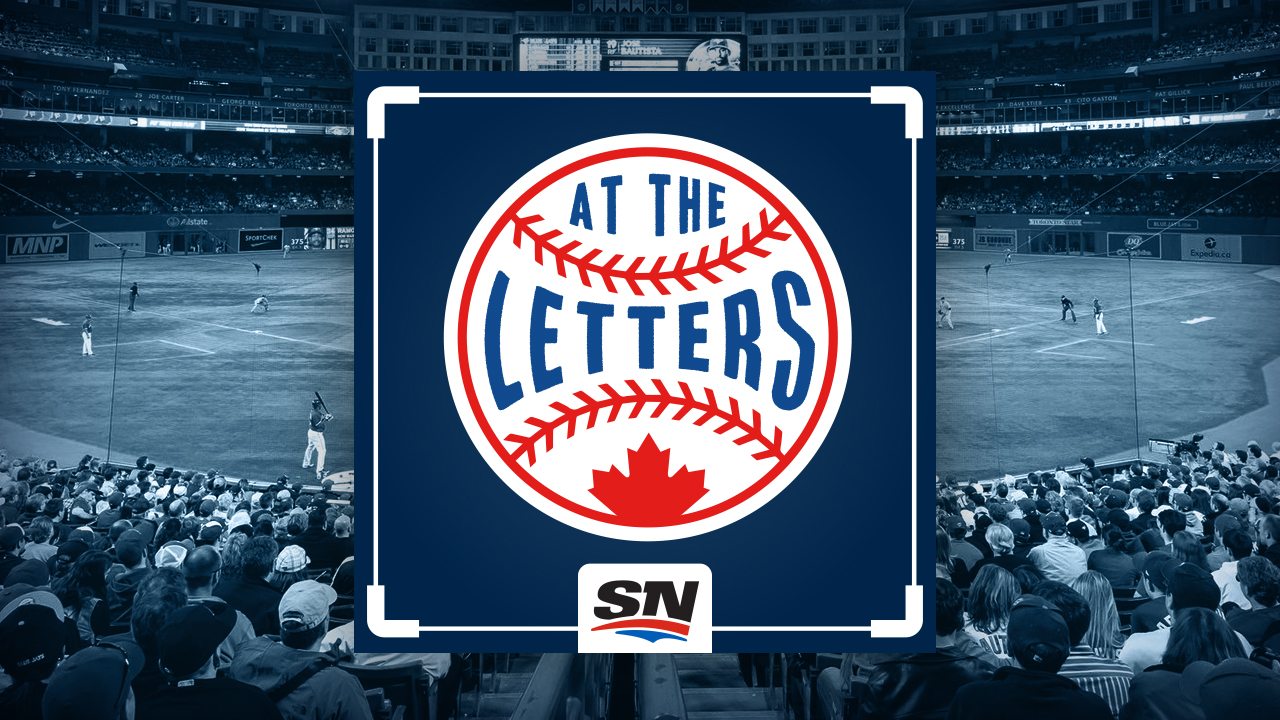Eight years ago this time, high school draft prospect Justin Upton was among the most highly coveted amateur players in the country. Scouts liked University of Miami slugger Ryan Braun and University of Virginia infielder Ryan Zimmerman, but were at least as intrigued by Upton’s potential.
Just 17 at the time, Upton enjoyed the days leading up to the 2005 draft.
“That was when it was fun,” Upton recalls. “It’s still fun, but you’re embarking on a new part of your career and it’s something you’re excited about.”
He knew he would be selected in the first round and realized the Arizona Diamondbacks were considering him with the number one pick. This was before the draft was televised, so Upton streamed coverage of the draft online along with some family members and friends at home in Virginia .
Soon after the draft began he got a call from Mike Rizzo, the Diamondbacks’ amateur scouting director. Rizzo, now the general manager of the Washington Nationals, informed Upton that he had just become the 41st player in MLB history to be selected first overall.
“It was cool to see how excited everyone around was and I was excited myself,” Upton recalls.
Now the starting left fielder for the Atlanta Braves, Upton leads the National League with 14 home runs. He’s playing the way the Diamondbacks expected he would eight year ago, yet like many first overall selections his MLB career has already included many highs and lows.
IT’S A CRAPSHOOT: Baseball’s draft remains notoriously unpredictable despite the coordinated scouting efforts of the 30 MLB teams. Stars and superstars such as Albert Pujols and Mike Piazza can be found in the late rounds. First round choices routinely flop.
Even the first overall draft pick comes with significant risk. For every Joe Mauer there’s a Steven Chilcott. For every David Price there’s a Brien Taylor. For every Alex Rodriguez there’s a Matt Bush.
That said, the return on investment for first overall picks remains strong relative to late round selections. On average, first overall picks selected between 1965, when the draft began, and 2005, when Upton was selected, produced 20.8 wins above replacement. Pat Burrell, the former top pick who generated 18.6 WAR during his 12-year MLB career, represents a fairly typical return for a number one selection.
If that sounds low, consider how far the expected return dips one round later. On average, the 31st overall selections generated 3.4 WAR over the course of the same 41-year span. Wait until the 201st selections and the expected return becomes negligible: 0.4 WAR.
STRONG DRAFT CLASS: Even though the draft remains unpredictable, some years produce exceptional amounts of content. It’s now apparent that 2005 was one of those years.
Braun, Troy Tulowitzki and Andrew McCutchen, three of the game’s elite players, were selected that year. So were star calibre players such as Zimmerman, Alex Gordon, Jacoby Ellsbury, Clay Buchholz, Matt Garza and Jay Bruce.
Looking back, Upton considers it an honour to have been selected first in such a strong year.
“It’s special,” he said. “ It’s a special group of guys. The teams got it right, so I’m glad to be a part of that draft.”
MLB regulars Colby Rasmus, Cameron Maybin, Jed Lowrie and Mike Pelfrey were also selected in the first round of the ‘05 draft along with former All-Star Ricky Romero.
Upton didn’t spend much time in the minor leagues — he was just 19 year old for the first three weeks of his MLB career — and that was fine by him.
“In my mind I had one goal and that was to get to the big leagues,” he said of his time as a top minor league prospect. “I prepared every year and I played every year to get there. Obviously I wanted to get there as fast as possible, but for me it was ‘if I played well enough I’ll get there.’”
REACHING POTENTIAL: Much has changed for Upton in the last eight years. The 25-year-old has made two All-Star teams, connected on 122 home runs and signed a $50 million extension, but has experienced some low points, too.
Diamondbacks managing general partner, Ken Kendrick said last summer on XTRA 910 AM that he was unimpressed.
“He’s certainly not the Justin Upton that he has been in the past and that we would expect of him,” Kendrick said. “He’s 24 years old, and it’s time for him to be a consistent performer and right now this year he’s not been that.”
Those comments led to renewed speculation about a possible trade and, after years of trade chatter, Upton was finally dealt to Atlanta in January. He now plays alongside his older brother B.J., another former first round selection who signed with the Braves as a free agent last off-season.
The 2013 version of Justin Upton is no taller than the prospect who intrigued scouts eight years ago, and he offers the same basic skills. Yet he has evolved into a more mature player.
“Bigger, stronger and a little more polished obviously,” Upton said. “In high school all your skills are there you just have to kind of polish them and I think over the years you get better and more efficient with your tools.”
No one would mistake the 205 pound Upton for a high schooler after eight years and parts of seven seasons at the MLB level. Even so, he relates to the draft prospects who eagerly await the possibility of next week’s draft.
“Youth, man, and hunger,” Upton said. “That’s the two things that you’ve got to hold onto. You’ve got to always be hungry and enjoy your youth.”










